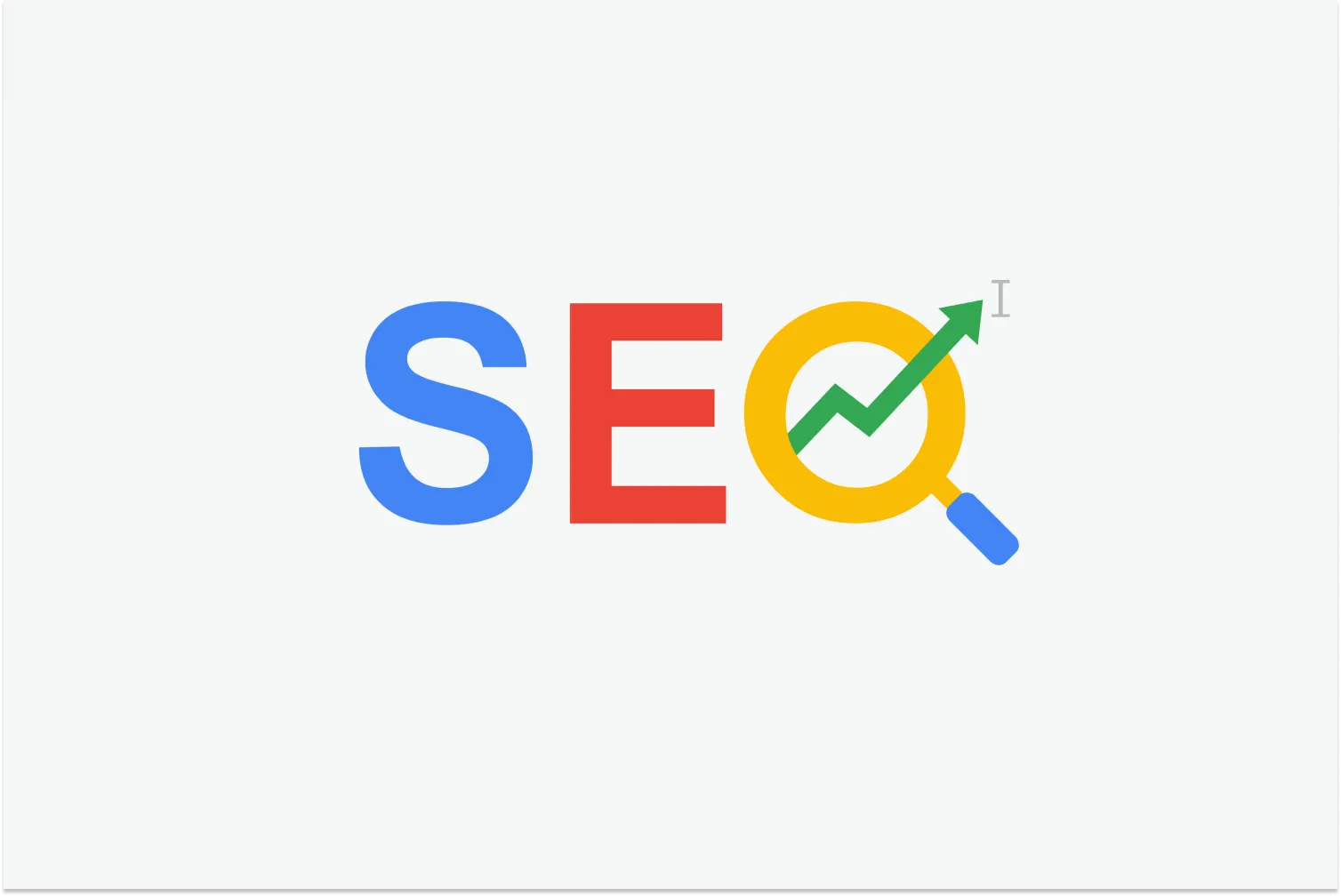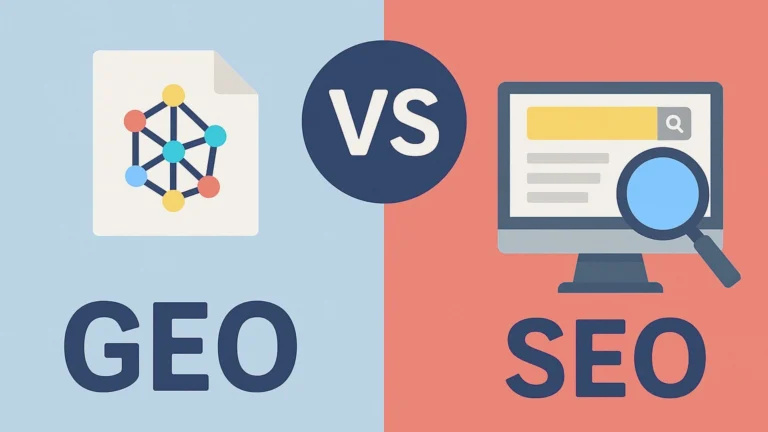Impact of SEO: How It Shapes Engagement, Authority, and Online Success
The impact of SEO is far beyond just ranking higher on the search engines. It impacts how users interact with your content, how much they trust on your brand and even how your website performs in technical aspects.
A well-implemented SEO strategy can bring your invisible business to a recognized industry leader.
From increasing user engagement to building topical authority, from taking advantage of backlinks to optimizing for Core Web Vitals, SEO touches nearly every aspect of your digital presence.
Let us have a look on each of these key areas and their importance for your online business.
1. Impact of SEO on User Engagement
One of the most ignored aspects of the SEO is its direct effect on user’s engagement.
Optimizing your website for the relevant keywords is just the start; SEO focuses on delivering an experience that keeps users interested from heading to the end of the content.
How SEO helps to improve engagement?
SEO helps in improving user engagement if your content is relevant to user need, its readability is better and most importantly content is interactive.
Relevant content
Relevant content means that the relevant targeted keywords are bringing the user to the exactly that content which he is searching for.
If your content is not matching with the targeted keyword then user will not stay longer on your website, increasing bounce rate. Increasing bounce rate is negative ranking factor.
If content is relevant to user’s requirement, then he will stay longer on your website and bounce rate will reduce; reduced bounce rate is positive ranking factor.
Better readability
Better readability means content is not much complicated for user.
Content should be simple, having clear heading, sub headings, short paragraphs and short sentences.
Impact of SEO will help your content easy to consume. Helping the user to stay longer on website.
Interactive elements
Besides of better readable text content, interactive elements like images, videos, and infographics should be used. These elements will help to keep the users stay longer on the page.
If you want to check use engagement on your page, then you can monitor indicators like average session duration and per page visit in Google Analytics.
2. How SEO Builds Topical Authority
Another powerful impact of SEO is in establishing topical authority.
If your website is perceived as trusted in a particular niche, then it can be a reference source of information for a specific topic.
How to build topical authority through SEO?
Topical authority can be achieved through clustered contenting, consistent publishing and solid data backed insights.
Clustered Content:
Create a main pillar page related to the topic covering all the dimensions in broader sense.
The detailed subtopics to be written on separate pages in the form of clusters and those clusters to be linked with pillar page. The interlinking of cluster pages with main pillar page improves topical authority.
Consistent publishing:
Regular posting a high quality and detailed content show off subject matter expertise in the particular niche. Impact of SEO ultimately helps in building topical authority.
If your website is consistently publishing a detailed content on the particular niche, then your website will be recognized by Google as an authority website in that niche.
Data-driven insights:
Impact of SEO credibility of the content increases by using past case studies, referring relevant past researches and available statistics.
More credible content, more topical authority would be. More the topical authority, more would be search engines reward in terms of better rankings.
3. Role of Backlinks in SEO
The role of backlinks in Impact of SEO is very important.
Backlinks remain one of the key ranking factor.
If other quality websites are connected to your website through backlinks, then it means that those websites trust on your website and share their vote of confidence on your content.
Impact of SEO signals to search engine that your content is value able and should be considered for ranking.
Why backlinks matter?
- Authority transfer: Links from well-known websites pass link equity, which helps in raising your domain authority.
- Referral traffic: quality backlinks bring in relevant visitors directly from other web sites to your website. So it is indirect source of traffic for your website.
- Faster indexing: Search engines discover new content more quickly through backlinks.
In search engine ranking, pages with high quality backlinks will get edge over those pages which don’t have backlink link.
Top quality backlinks can be earned by guest blogging and through valuable content sharing partnership.
The interlinking with irrelevant posts should be avoided, otherwise search engine ranking results will be compromised.
4. SEO Impact of Core Web Vitals
For search engines like Google, the user experience is of utmost importance. Google has released official guidelines to take care about these parameters.
These parameters are termed as Core Web Vitals, LCP (Largest Contentful Paint), INP (Interaction to next paint) and CLS (Cumulative layout shifting)
LCP measures the loading speed of your website.
INP measures the responsiveness of your website.
CLS measures the visual stability.
Why Core Web Vitals matter for SEO?
- Better rankings: Google officially uses them as part of its ranking algorithm.
- Higher engagement: Fast, stable websites reduce frustration and keep visitors longer.
- Mobile optimization: Since mobile traffic dominates, meeting Core Web Vitals standards is crucial for retaining users.
If a website reduces its LCP from 4.5 seconds to under 2.5 seconds it can experience that the bounce rate is significantly dropped.
Tools like Google PageSpeed Insights can be used to identify and fix Core Web Vitals.
5. Important Abbreviation E-E-A-T in SEO
E-E-A-T is an important abbreviation created by Google, it is an abbreviation of critical ranking factors which Google use to evaluate quality of content.
In abbreviation E-E-A-T:
- 1st E stands for Experience
- 2nd E stands for Expertise
- A stands for Authoritativeness
- T stands for Trustworthiness
These factors are should be considered as basis guideline for SEO of any web page, especially, health, money and legal advices.
How to improve E-E-A-T for SEO:
E-E-A-T can be improved by:
- Including author bio with relevant industry experience.
- Link to research, statistics, and expert opinions.
- Industry expert collaborations and PR coverage.
For example, a medical blog written by a certified doctor, with references to peer-reviewed studies will outrank generic health advice sites lacking clear authorship.
For example, a legal advice on a particular matter should be written by a certified legal professional, including references of peer reviews and all the applicable legal clauses.
Higher E-E-A-T not only helps in improving search engine rankings but it also builds a long-term trust relation with your audience, it ultimately helps in user engagement and conversions.
Conclusion
The impact of SEO is multidimensional; impact is just not limited to ranking of keywords.
Impact of SEO shapes users experience on website, how much authority you build in your niche, and how well you compete in the competitive online digital world.
From improving user engagement to mastering Core Web Vitals and building E-E-A-T is a comprehensive SEO strategy which is essential for sustainable online business growth.
By understanding and getting benefits from these aspects and most importantly recognizing the role of backlinks in increasing your website reach — you can create a website that not only ranks but also resonates with your audience.
FAQs about the Impact of SEO
1. What is most important impact of SEO?
The most important impact of SEO is increased visibility in search engines, it leads to higher traffic, more user engagement, brand awareness and better conversion rates.
2. How SEO affects user engagement?
SEO improves user engagement by providing relevant content which a user is searching for, Impact of SEO focuses on optimizing website speed and creating a seamless navigation experience which keeps users stay on the website longer.
3. What are Core Web Vitals?
Core Web Vitals are ranking parameters which focuses over measuring the page loading speed, responsiveness, and visual stability. These factors should be taken care for higher rankings in search engines.
4. Why are backlinks important for SEO?
Backlinks are indicators for authority and trust to search engines, backlinks help the website to rank higher while also driving referral traffic from other websites.








